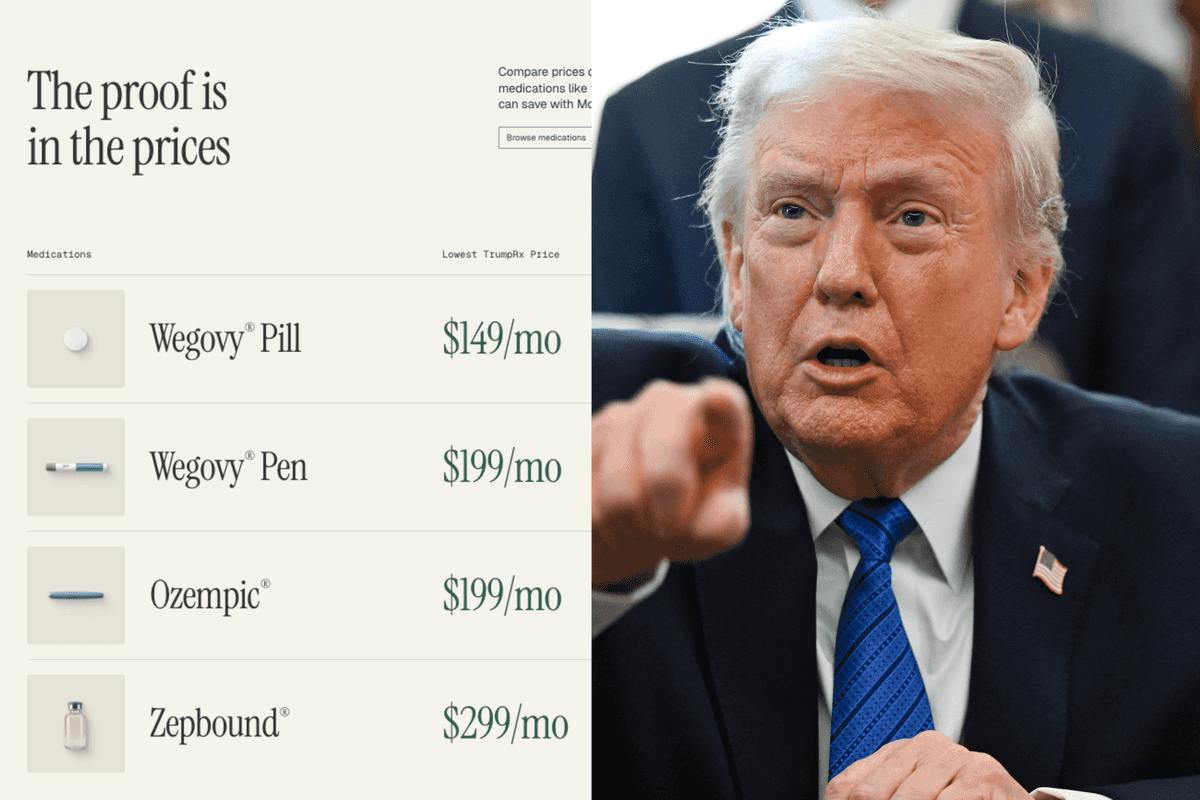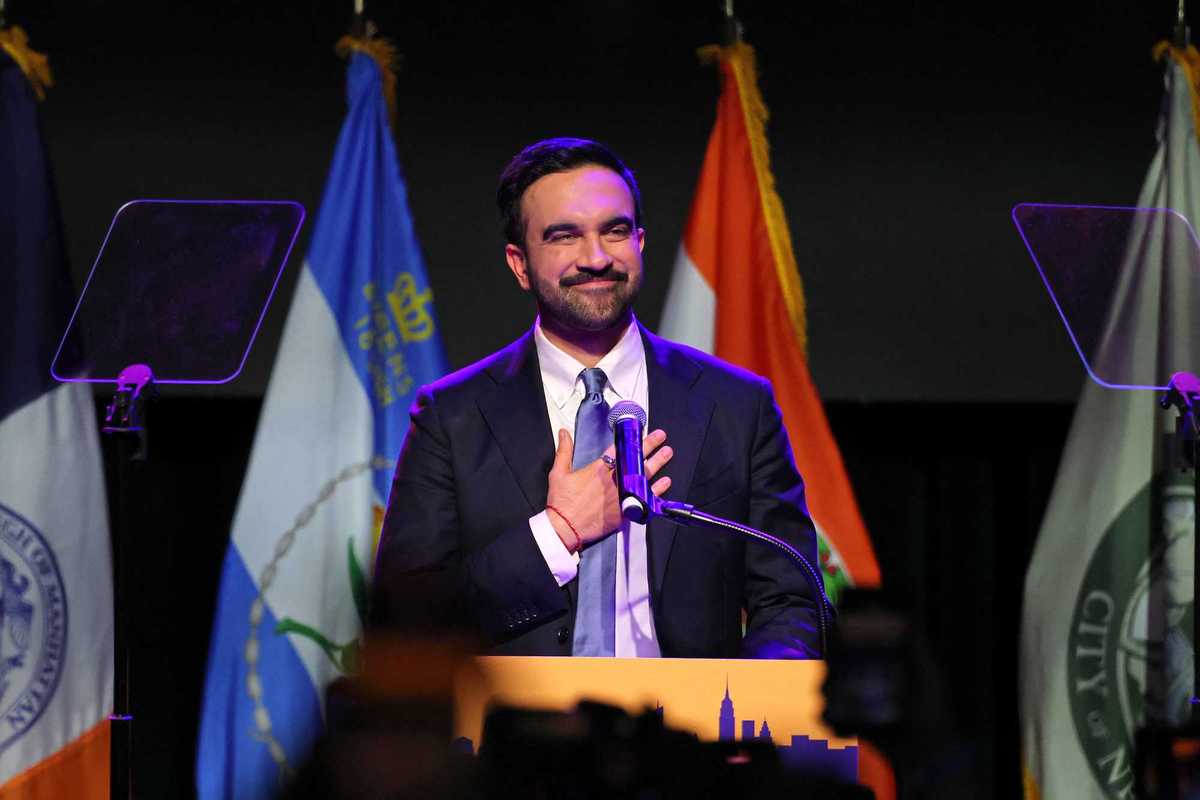As divorce rates decrease in millennial marriages, so too do zoomers’ plans to say “I do” in the first place. According to a recent poll conducted by Ashley Madison, the vast majority of Gen Z — defined as users born between 1997 and 2015 — don’t want to get married. That said, 59 percent of the same respondents do desire some level of “exclusivity” with their partner.
Intrigued, we queried Dr. Tammy Nelson, Ph.D., sex therapist and author of forthcoming book “Open Monogamy: A Guide to Co-Creating Your Ideal Relationship Agreement,” as the survey’s findings seemed to present a paradox: Why did zoomers seemingly desire monogamy but not marriage? Is it an aversion to labels and/or legal paperwork? No, neither of those: Apparently, younger generations are completely re-defining what it means to be exclusive.
“I think it’s not so much about monogamy,” Dr. Nelson tells indy100. “People naturally will lean towards a primary or central partner, but they want some kind of fluid and flexible sexual relationship. There’s what I describe as a continuum of monogamy.”
Nelson went onto explain that there are usually two types of people, one of whom is more inclined to lean towards the “explorative” side of the monogamy spectrum: maintainers or “nesters” — who generally enjoy traditional monogamy — and expanders or “seekers,” who are looking to, well, expand. If you’re unsure which umbrella you fall under, Nelson has a recent, real-life example: The height of lockdown.
“There were the people making sourdough bread that were so happy to stay home and decorate their home, and then other people were like, ‘Please God, get me out of here. I watched everything I could possibly watch on Netflix,’” she says. “[Nesters] are the people that ... want to bed down in their little relationship, but then there’s other people [seekers] that want the relationship, but they also use that as sort of a springboard to live their more exciting life.”
But that doesn’t mean all traditional rules of relationships have been thrown out the window — instead, they’re personalised. “People still want to be monogamous, they still want a primary central monogamy,” she asserts. “But this is not your grandparent’s monogamy.”
“They don’t want the church or their family or anyone else telling them what to do, or anyone else defining their monogamy — they want to define it themselves. And I think the core issue there is some form of self-defined integrity, that might be honesty, openness, they don’t want to lie to each other,” she says. “Young people today are more independent, have their own lives, have their own jobs, their own sense of self. They’re not so hesitant to say, well, this is mine, this is yours. There’s a difference between privacy and secrecy, I think differently than there’s ever been before.”
Essentially: the definition of “monogamy” is being tailored to each individual relationship, and evolving from there.
Isabella Mise, Ashley Madison’s Communications Director, also notes that Gen Z quite simply doesn’t want to make the same mistakes as their predecessors. “They’ve seen a lot of ‘traditional relationship’s not work out; whether it’s their parents’ generation, or in mainstream media,” Mise explains. “There’s just a lot of divorce, and a lot of implications involved that come from divorce.”
“So I think this younger generation does see the appeal of having a lifelong companion, the emotional stability of a primary partner — they still want all of that. But the actual formality of marriage — and [the potential of] getting out of marriage if something doesn’t work out — has been a deterrent for them.”
Finally, I ask Dr. Nelson what advice she has for the next generation of daters, who says you should re-evaluate your definition of relationships and monogamy — and what that means for you and your partner — regularly. “I would caution you to explore. Are you just not ready to commit? It may have nothing to do with whether or not you’re ‘monogamous’ or not, none of us are born monogamous, just like none of us are born knowing how to eat with a fork, we learn how to do that.”
“It’s a choice, you can choose to be monogamous or you can choose not to be monogamous. It’s something that you decide every day, and some days are harder than others.”
“If you decide you want to be monogamous, make an explicit monogamy agreement and then renew it all the time,” Nelson continues. “My generation made the mistake of saying, okay, we’re going to make one vow and that’s going to last the rest of our lives. That’s going to be the one thing that’s going to keep us all from cheating. That was so wrong. Not a good lesson to pass down.”
“And with 60 million members worldwide on Ashley Madison, that’s clearly an experiment gone wrong.”














